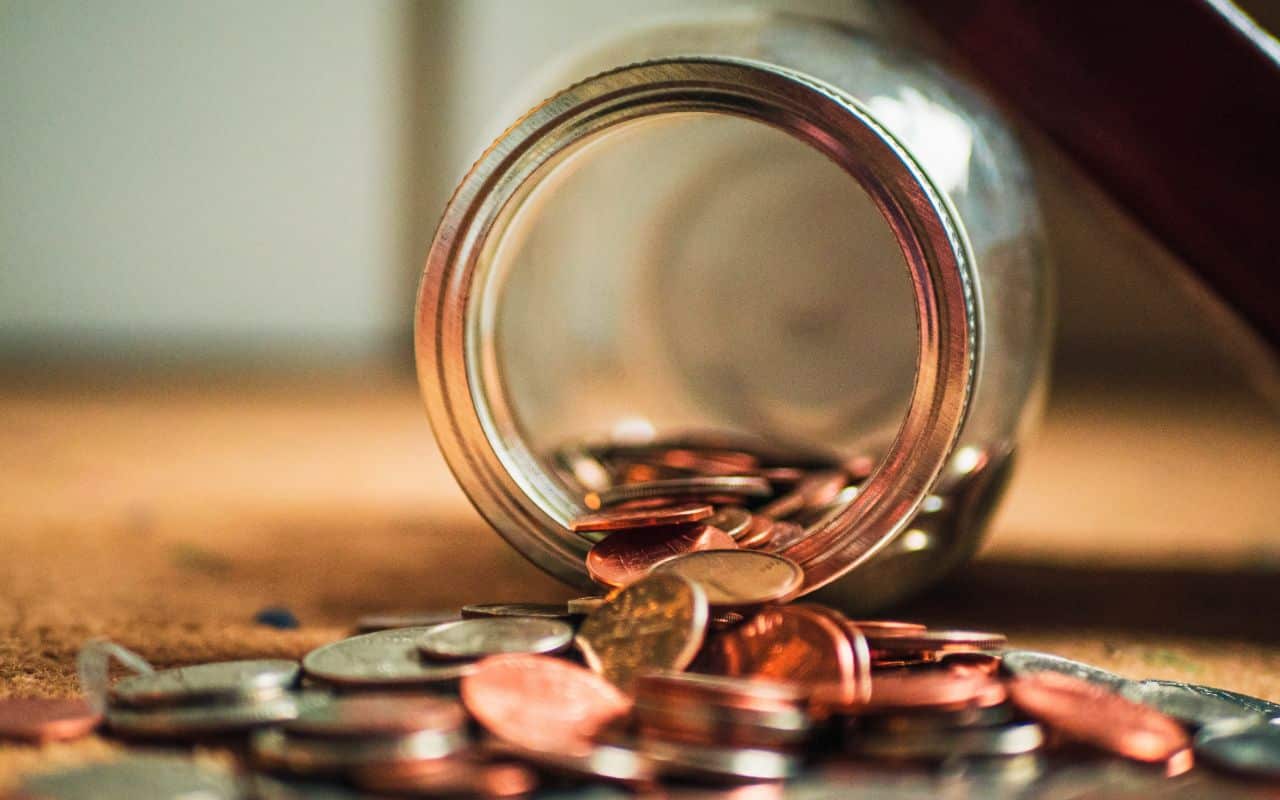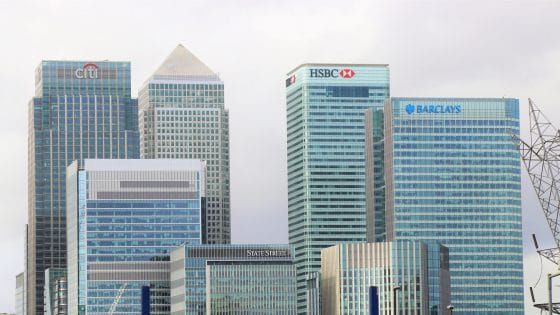When you enter a large conference room full of people, how do you know who is rich or poor? Some of us might say, “Mayaman yung naka-Rolex watch sa kanan!” or “Mahirap yung babaeng hindi rebonded ang buhok.”
But, as quickly as we judge easily based on looks, we can be found mistaken when we try to ask each person’s lifestyle and financial health. That person wearing a Rolex watch might be hounded by many credit card companies calling him for his payment dues. Or, that woman whose hair is simple and not styled by salons is actually an entrepreneur and is building her own empire.
Using this simple question, we can agree and conclude on three things:
- Many people equate “being rich” with physical appearance.
- Many people put value on a person based on the price tags of his belongings.
- You cannot easily identify who is rich or poor.
Of Poverty and Unemployment. Did you know that according to the Philippine Statistics Authority (PSA), there are 1 out of every 5 Filipinos who are considered poor in 2015? This is considering the family income as well as annual income and expenditures.
Surprisingly, the unemployment rate in the Philippines dropped from 5.6% to 5.4% in the 3rd quarter of 2017 to 2018. This means that the number of Filipinos who are unemployed decreased by 50,000 to 2,320,000. However, while the Philippines have observed this good indicator, still the poverty reduction level in the country slackens. In 2018 alone, one-fifth or 20% of Filipinos live below the national poverty line.
Bill Gates once said, “If you are born poor, it’s not your fault. But if you die poor, it’s your fault.” I totally agree with him, 100%. So what contributes to this imbalance between rich and poor? As a licensed financial consultant, I came to realise that financial literacy plays a major role in this setup.
Historically, financial literacy in the Philippines is not taught in basic education. Financial literacy, or otherwise known as money management, is not given that much importance and emphasis in the education system of our country. What majority of our schools teach revolves around in answering these questions only:
What is money? Money is needed to be successful and to provide for basic needs and wants.
Where to get the money? Money can be earned through employment. To be able to earn more money, students must aim to study hard so they can land on good-paying jobs in the future. While the statistics remain true, still 1 in every 5 Filipinos are poor. If we say that our educational system is at par with other wealthy and progressive countries, why do most Filipinos remain poor? Not taking into account political lapses, ineffective fiscal policies and programmes, the root cause of the problem lies in the illiteracy of many towards handling their money.
Is financial literacy a solution towards diminishing the number of Filipinos living below, at and a little higher than the national poverty line? As schools fail to teach the value of money, how to accumulate it over time and manage it well, many financial literacy advocates and finance educators will answer a resounding yes!
A person does not need to have a college degree, a doctorate or masters degree or even a professional license to even be considered financially literate! Financial literacy encompasses three aspects of money management. Master these three and one will eventually see himself richer than he is before.
- Deeper reasons of why money is needed
- How to accumulate money over time
- How to manage accumulated wealth as it grows
While we can discuss so many benefits of financial literacy to any person, as a licensed financial consultant, I have discovered miracles of which financial literacy can be credited for.
Quality of life. Financially literate people are generally not the innately and necessarily wealthy portion of our society. Instead, these people are the “wise and rich” ones who have learned how to raise their quality of life through proper money management.
Economic impact. With more Filipinos who understand how to make money work for their good, the economic standing of the Philippines will improve. Financial literacy can result in more economic gains to the country, more opportunities for investments, new investors and general improvement of the welfare of the Filipinos.
Hedge against inflation and risks. Financially literate Filipinos know three basic things about their money: the what, the why and the how. As such, they know how to protect their hard-earned income and investments against risks of loss of money and inflation. Among the most popular risks affecting the financial health of any person are:
- Death
- Loss of income
- Disability due to accidents
- Disability due to critical illnesses
A financially literate person knows that these risks, though cannot be totally prevented or eliminated from their lives, can be hedged by a well-protected financial plan.
The miracle of Financial Literacy is found in looking at Filipino lives that have changed for the better. Let us create more miracles in Filipino lives.



















